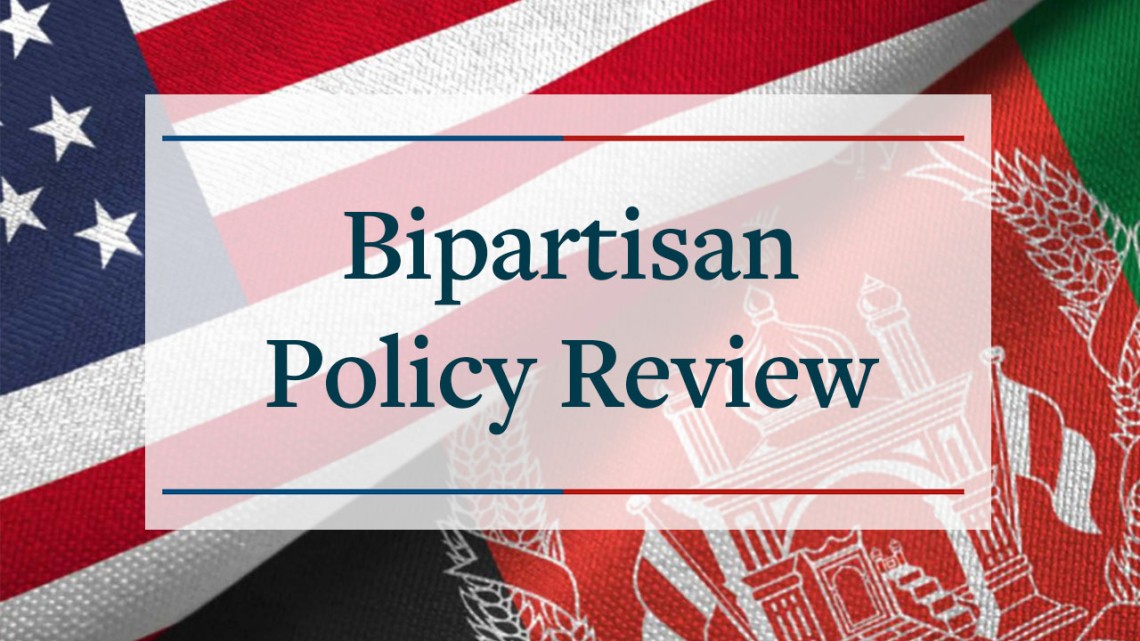
News directly from Cornell's colleges and centers
Bipartisan Policy Review spotlights U.S. foreign policy options
By Jim Hanchett
The newly published Bipartisan Policy Review features the latest thinking on U.S. foreign policy by prominent policy makers, analysts, and academics.
The annual publication, now in its third edition, is produced by the Institute of Politics and Global Affairs (IOPGA) at the Cornell Jeb E. Brooks School of Public Policy.
“The Bipartisan Policy Review’s (BPR) mission is to give voice to policy insights that are often drowned out in the partisan echo chamber,” said IOPGA director Steve Israel. In an introductory note to the publication, Israel called it a platform for consensus-building and a reach for common ground.
The articles in the Review are based on a 9/11 Anniversary Workshop co-hosted by IOPGA and organized by professors Sarah Kreps and Douglas Kriner in New York City in September 2021, shortly after the Afghanistan withdrawal and twenty years after the terror attacks.
Kriner is the faculty director of the IOPGA and the Clinton Rossiter Professor in American Institutions in the Department of Government. Kreps is the John L. Wetherill Professor of Government and Adjunct Professor of Law. Both are professors in the Cornell Jeb E. Brooks School of Public Policy. Richard Clark, who is currently a postdoctoral fellow at Princeton University and will start as an assistant professor at Cornell University in July, participated as a discussant in the session.
Reflecting on the importance of the BPR special issue’s focus on American foreign policy, Israel, who served in Congress from 2001-2017, suggested that “the crisis in Ukraine once again demonstrates the need for U.S. global leadership. Some would argue, however, that American leadership was diminished by 20 years of inconclusive war and the chaotic U.S. exit from Afghanistan.”
In their conclusion of the volume, Kriner and Kreps invite closer scrutiny of the recent history by noting “Both at home and abroad, the legacy of 9/11 is complicated, protean, and, ultimately, unresolved.”
Perspectives on what the last two decades can tell us about the future of U.S. foreign policy come from a range of voices, including:
- Daniel Drezner, Fletcher School at Tufts University
- Stephen Walt, Kennedy School at Harvard University
- Kori Schake, American Enterprise Institute
- Annie Pforzheimer, Center for Strategic and International Studies
- Andrew Rudalevige, Bowdoin College
- Jide Nzelibe, Northwestern Pritzker School of Law
- William Howell, University of Chicago
While each took a unique approach to the topic, Howell’s summary reflected views held by many of the authors: “There is good reason to believe that the long-overdue termination of this war (in Afghanistan) will change the trajectory of U.S. foreign policy. The promotion of liberal democracy will no longer justify military action, occupations will not follow invasions, and Defense Department arguments on behalf of ongoing ventures will face heightened scrutiny. Amidst all this, though, the longstanding partisan politics that have defined interbranch relations over war are likely to persist—and may even become more pronounced—in the years ahead.”
Media Contact
Get Cornell news delivered right to your inbox.
Subscribe
